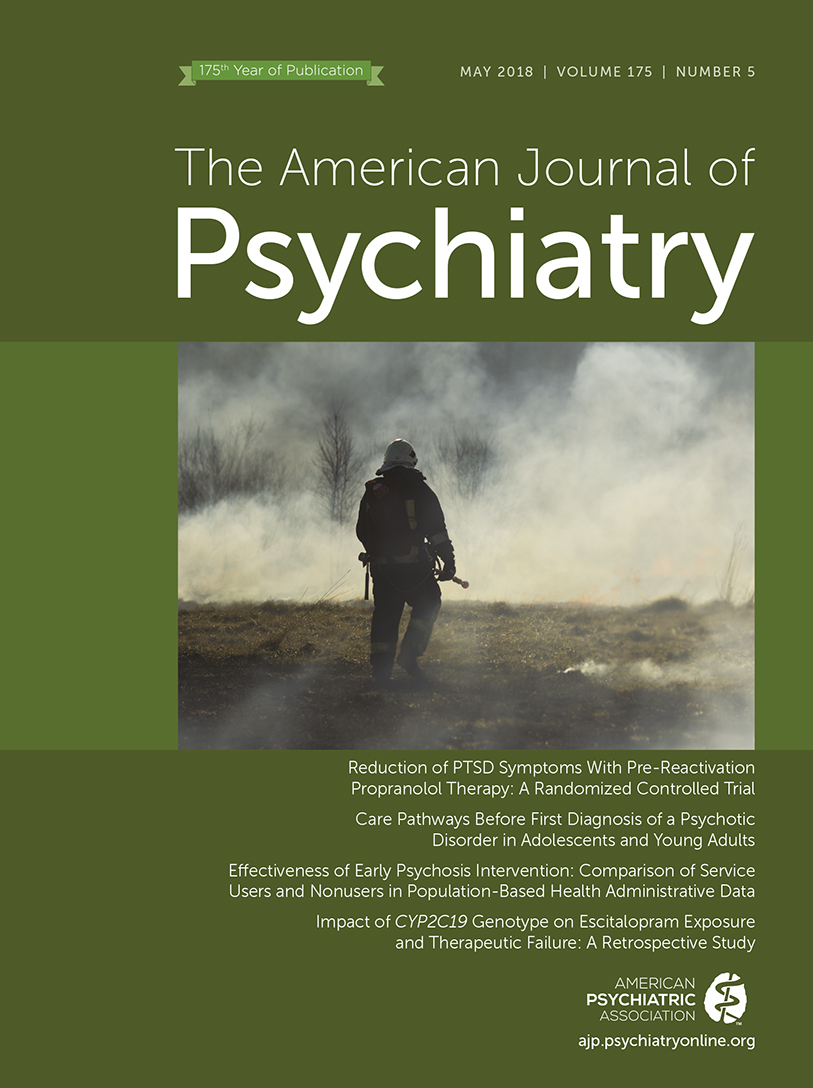Is a Socio-Cultural Analysis of Depressive Disorders a Matter of Concern? Response to Kaiya
To the Editor: As Kaiya has suggested, there is abundant room for the consideration of differential diagnoses for clinical cases similar to Mr. A’s using structured diagnostic interviews, such as the Structured Clinical Interview for DSM (SCID) (1). We agree with his assertion. We have already advocated for the importance of diagnosis using the SCID for such cases and proposed a system for the strict diagnosis and multidimensional evaluation of patients with a variety of depressive symptoms (2).
Consequently, for cases similar to Mr. A’s, what we have termed modern-type depression (MTD) may be diagnosed with adjustment disorder, mild major depression, other specified depressive disorder, or “unspecified” depressive disorder (as Kaiya suggested), according to the descriptive symptom profile of each patient. However, psychopathological, psychodynamic, and psychosocial assessments indicate commonality among these cases, beyond the boundaries of DSM depressive categories, in terms of premorbid personality, precipitating life events (mostly stress in workplaces), clinical courses, and treatment responses. Although there are no statistics available, Japanese mental health care professionals have seen an increasing number of cases like that of Mr. A in the last couple of decades, as Japan has faced rapid sociocultural changes as described in our work (1, 3). Under these conditions, we introduced the concept of MTD to further specify not yet well-studied depressive disorders within DSM and to suggest more specific treatment approaches.
While Kaiya may be undervaluing the socio-cultural influence on the present era of mental health, we believe psychological and behavioral symptoms always emerge in the socio-cultural (and subcultural) environment. Thus, appropriate evaluations and treatments are not realized without considering socio-cultural realities. To this end, the establishment of the Perspectives in Global Mental Health section within the Journal is an important attempt to accumulate wisdom from transcultural psychiatry.
Indeed, we believe that psychiatrists should be experts who are able to read changes in evolving social periods and to make multidirectional considerations of the psychiatric problems that face their patients.
1 : Modern-type depression as an “adjustment” disorder in Japan: the intersection of collectivistic society encountering an individualistic performance-based system. Am J Psychiatry 2017; 174:1051–1053Link, Google Scholar
2 : Multidimensional anatomy of ‘modern type depression’ in Japan: a proposal for a different diagnostic approach to depression beyond the DSM-5. Psychiatry Clin Neurosci 2016; 70:7–23Crossref, Medline, Google Scholar
3 : Boundless syndromes in modern society: an interconnected world producing novel psychopathology in the 21st century. Psychiatry Clin Neurosci 2016; 70:1–2Crossref, Medline, Google Scholar



